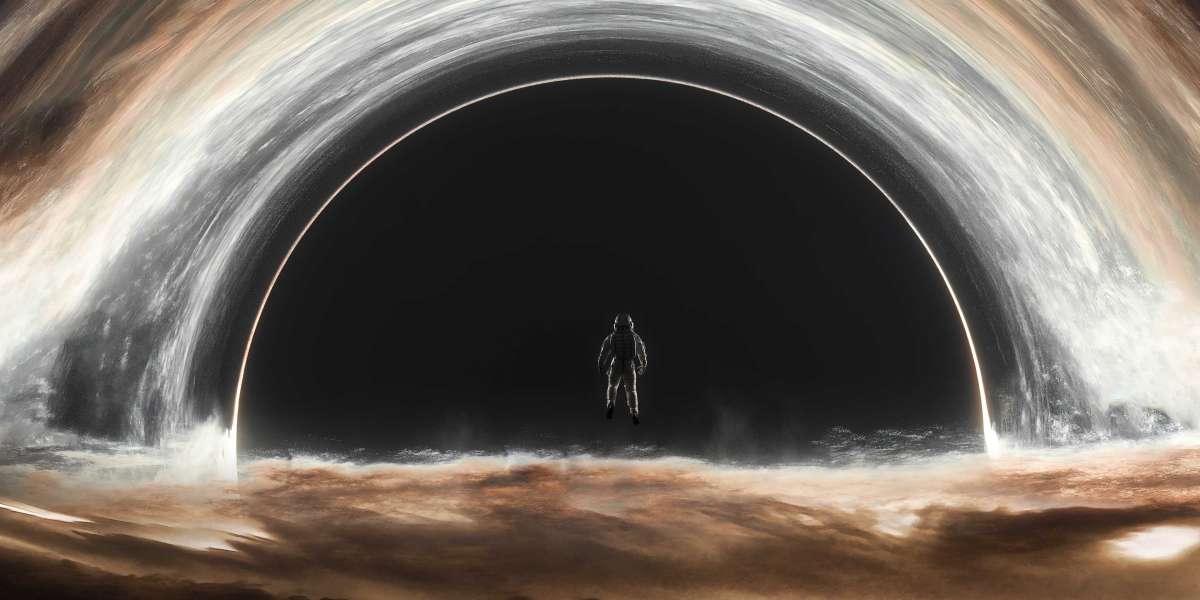Introduction:
In December 1971, a group of daring activists set sail on a rickety fishing boat named the Phyllis Cormack. Their mission: to disrupt a powerful nuclear weapons test off the coast of Alaska. This audacious act marked the birth of an iconic organization that would forever change the landscape of global environmental activism – Greenpeace. The group's actions in December 1971 sparked global attention and set a new precedent for peaceful protest, reminding the world of the urgent need to protect our fragile planet.
Detail:
Having embarked on their journey from Vancouver, Canada, a small group of explorers and environmentalists courageously sailed towards the remote island of Amchitka. The United States government had planned to conduct an underground nuclear test in this pristine area, raising grave concerns about its potential ecological impact. The ragtag team aboard the Phyllis Cormack, later renamed Greenpeace, were determined to stop this imminent destruction.
Overcoming treacherous storms and extreme weather conditions, the activists braved the icy waters of the North Pacific, reaching their destination after weeks of perseverance. Upon arrival, they faced aggressive resistance from the U.S. Navy, who attempted to block their path and prevent them from reaching the test site. Undeterred, the Greenpeace crew relied on their bravery, ingenuity, and unwavering commitment to their cause.
Their arrival at Amchitka Island coincided with the detonation of the nuclear warhead, rattling the fragile ecosystem beneath the surface. Although the activists had not succeeded in physically halting the detonation, their presence had achieved something far greater. Their audacious voyage galvanized widespread public support and raised global awareness about the potential irreparable damage of nuclear weapons testing.
The founding of Greenpeace in 1971 was a pivotal moment in the history of environmental activism. This landmark event marked the beginning of a powerful movement that transcended borders, united people from various walks of life, and challenged governments and corporations to be accountable for their actions. Greenpeace became a catalyst for change, inspiring individuals and communities worldwide to stand up for the protection of the Earth's delicate ecosystems.
As time went on, Greenpeace expanded its mission, battling against the destructive impacts of climate change, deforestation, overfishing, and other environmental crises. Through non-violent protest, scientific research, and grassroots campaigns, the organization continues to push for a sustainable and equitable future, striving to safeguard the planet for future generations.
Conclusion:
The founding of Greenpeace in December 1971 remains a defining moment in the annals of environmental history. The audacious voyage of the Phyllis Cormack not only disrupted a nuclear weapons test but also ignited a flame of environmental consciousness that still burns bright today. As we reflect on this watershed event, it serves as a poignant reminder of the power of united action, highlighting the urgent need for global cooperation in protecting our planet's fragile ecosystems.


